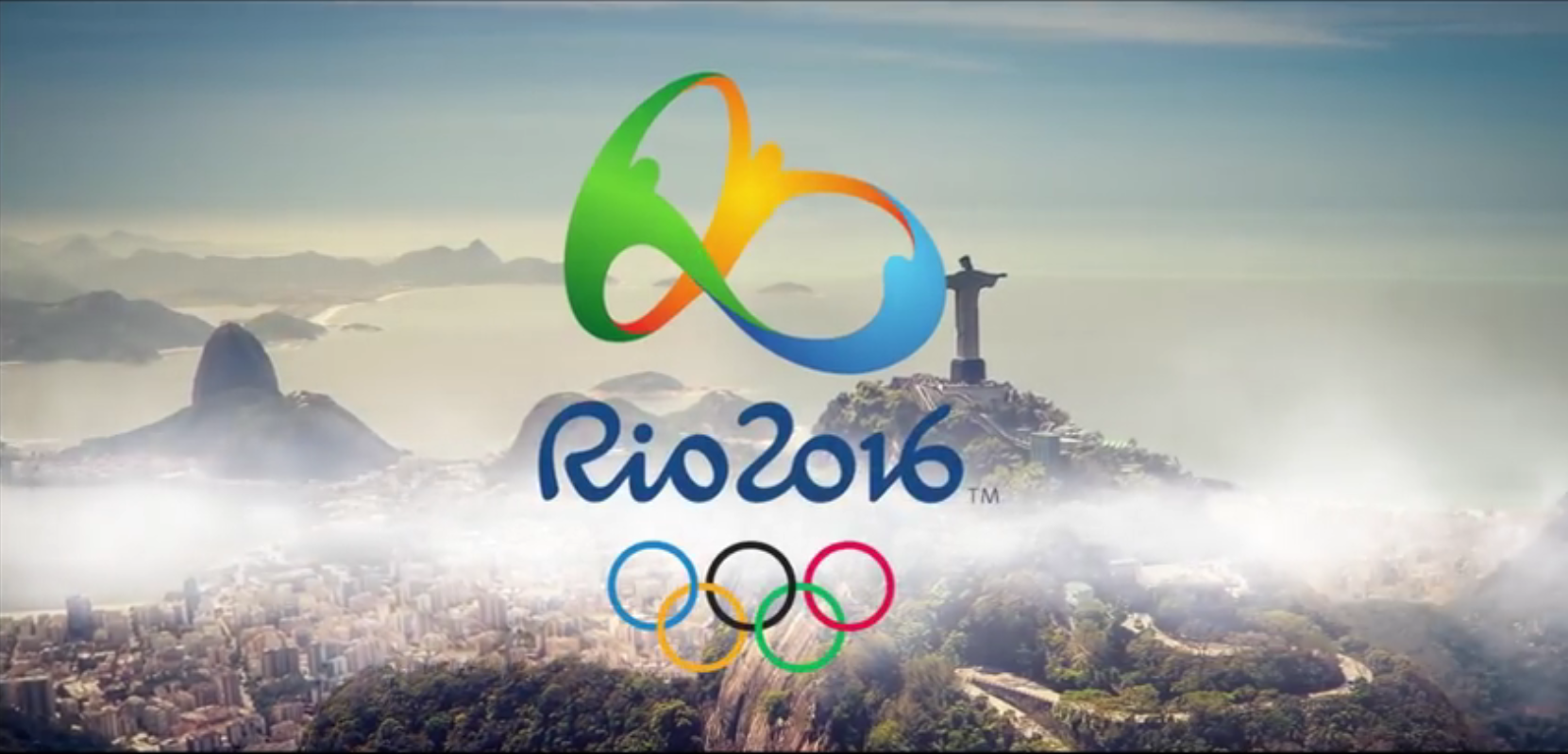amicitaacademy.com – Sports events have long been seen as powerful economic drivers for host cities and countries. From local tournaments to international spectacles like the FIFA World Cup and the Olympic Games, these events can bring substantial economic benefits, including increased tourism, job creation, and infrastructure development. However, the long-term impact can often be more complex, involving both immediate economic gains and challenges. One of the most notable examples of a major sports event with a significant economic footprint is the 2016 Summer Olympics in Rio de Janeiro.
Tourism and Visitor Spending: A Boost to the Local Economy
One of the most immediate economic benefits of hosting a major sports event is the surge in tourism. The 2016 Rio Olympics attracted around 500,000 international visitors, as people from around the world traveled to Brazil to witness the global spectacle. In addition to international visitors, many domestic tourists also flocked to Rio, increasing the number of people spending money in the city.
Tourists spent money on accommodations, dining, transportation, souvenirs, and other services, providing a significant boost to the local economy. It’s estimated that the tourism sector generated over $2 billion in direct spending during the Games. This influx of revenue helped to support local businesses and boosted the hospitality industry, which saw heightened demand during the event.
Infrastructure Investments: Short-Term Costs, Long-Term Benefits
To host an event of such magnitude, the host city must make substantial investments in infrastructure. For Rio, this meant constructing new sports venues, improving transportation networks, and upgrading the city’s public services. The total infrastructure-related spending for the Olympics was estimated at $13.1 billion.
While much of the infrastructure spending was necessary to support the Games, it also contributed to long-term improvements in the city. The expansion of the Rio de Janeiro Metro system, improvements to airports, and the development of new public transportation options have all benefitted the city in the years following the event. However, the legacy of the Games has been a mixed one. Some of the Olympic venues have been underused, and critics argue that the funds spent on the event could have been better allocated to other areas, such as healthcare or education. Nonetheless, infrastructure improvements provided lasting benefits in terms of mobility and connectivity.
Job Creation: Temporary Employment with Lasting Skills
Another key economic benefit of hosting the Olympics was job creation. The event directly generated an estimated 70,000 jobs, from construction workers building the Olympic venues to staff needed for tourism and event management. Additionally, many temporary positions were created in sectors such as retail, hospitality, and security, all of which benefitted from the influx of visitors.
The Olympics also had a positive effect on the skills development of local workers. Many gained experience in sectors like event management, hospitality, and tourism that could be valuable for future employment opportunities. While some of these jobs were temporary, they helped to reduce unemployment during the Games and provided skills that could benefit the local workforce in the long term.
Sponsorship, Broadcast Rights, and Merchandise: Revenue from Global Attention
One of the biggest sources of revenue from a global event like the Olympics comes from sponsorships, broadcast rights, and merchandise. The International Olympic Committee (IOC) sells the broadcast rights to media companies worldwide, with major networks paying billions to air the Games. In Rio, broadcasting and sponsorship revenue exceeded $4.5 billion, making it a highly lucrative event for the IOC and other stakeholders.
The Olympics also saw significant merchandise sales, both in Rio and through online channels. Merchandise related to the Games, including Olympic-branded clothing, memorabilia, and collectibles, contributed millions to the local economy. Additionally, the massive international media coverage attracted more attention to Brazil, which could result in long-term benefits for the country’s tourism and investment sectors.
The Long-Term Impact: Legacy and Sustainability Challenges
While the short-term economic impact of the Olympics was evident, the long-term legacy of the Games has been more complicated. Large-scale sports events like the Olympics are often seen as tools for economic development, but the real impact depends on how well the host city manages its investments after the event concludes.
In Rio, the Olympics were followed by years of economic and political instability, which made it difficult to sustain the positive effects of the Games. Some Olympic venues, such as the Maracanã Stadium, faced maintenance challenges and were not utilized as much as originally planned. Furthermore, there were concerns about the $13.1 billion spent on the Games, especially when the city was facing other pressing needs in public services.
The economic legacy of the Olympics is also tied to the ability of the host city to attract future investment and tourism. In Rio’s case, the economic turbulence in Brazil in the years following the Games limited the long-term benefits that could have been realized. However, cities that successfully leverage their Olympic infrastructure—along with the global visibility provided by the Games—may see a lasting impact in the form of increased tourism and business investments.
Conclusion: The Complex Economics of Sports Events
The 2016 Summer Olympics in Rio de Janeiro highlight the complexities of assessing the economic impact of sports events. While the Games provided substantial short-term benefits in terms of tourism, job creation, and infrastructure development, the long-term effects have been more mixed. The challenge for future host cities will be to manage the immediate costs while ensuring the sustainable use of infrastructure and resources in the years after the event.
Nonetheless, sports events like the Olympics offer cities a unique opportunity to stimulate economic activity, attract global attention, and drive improvements in infrastructure and services. When managed effectively, the economic impact of such events can extend far beyond the closing ceremony, leaving a legacy that benefits both local residents and visitors for years to come.

